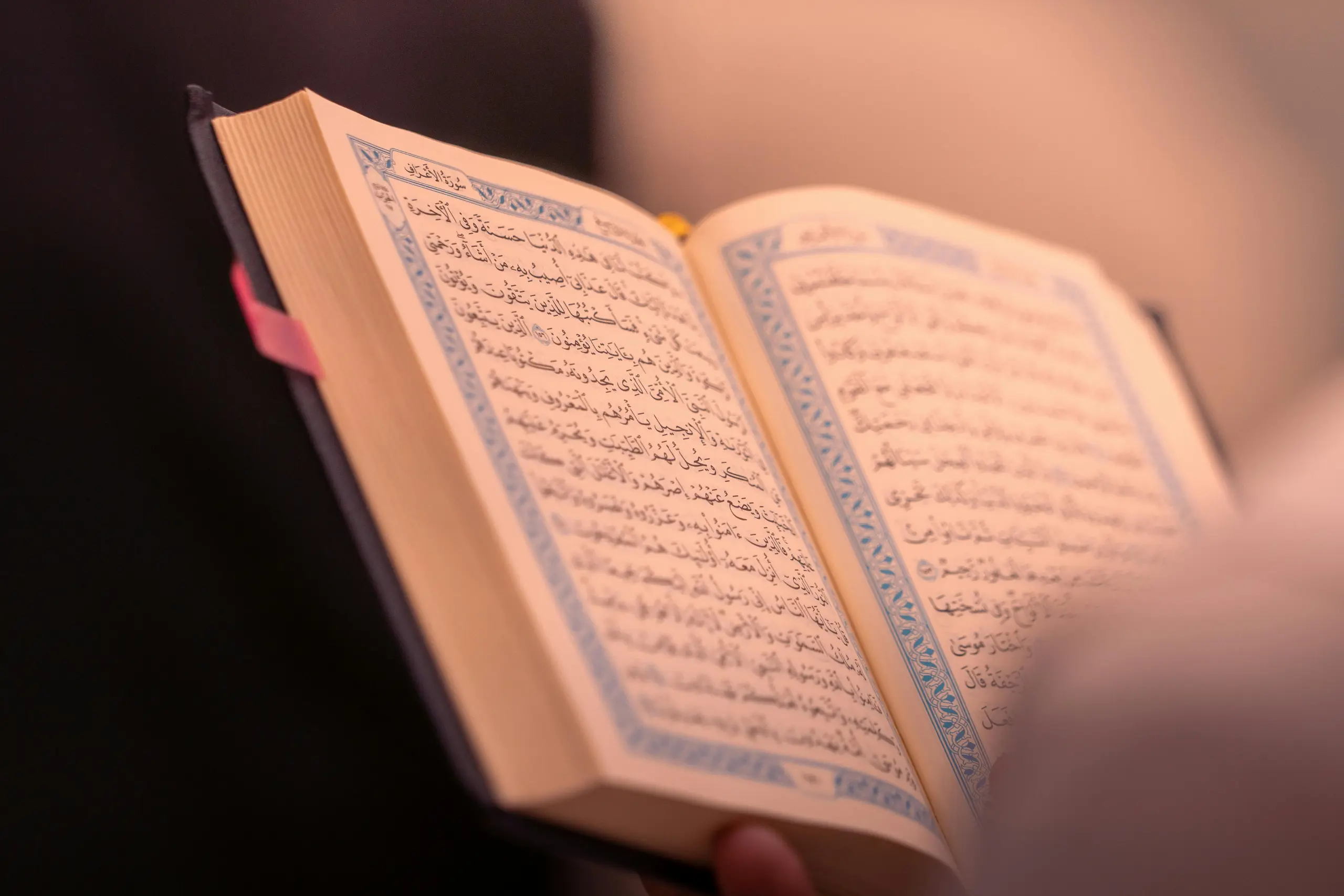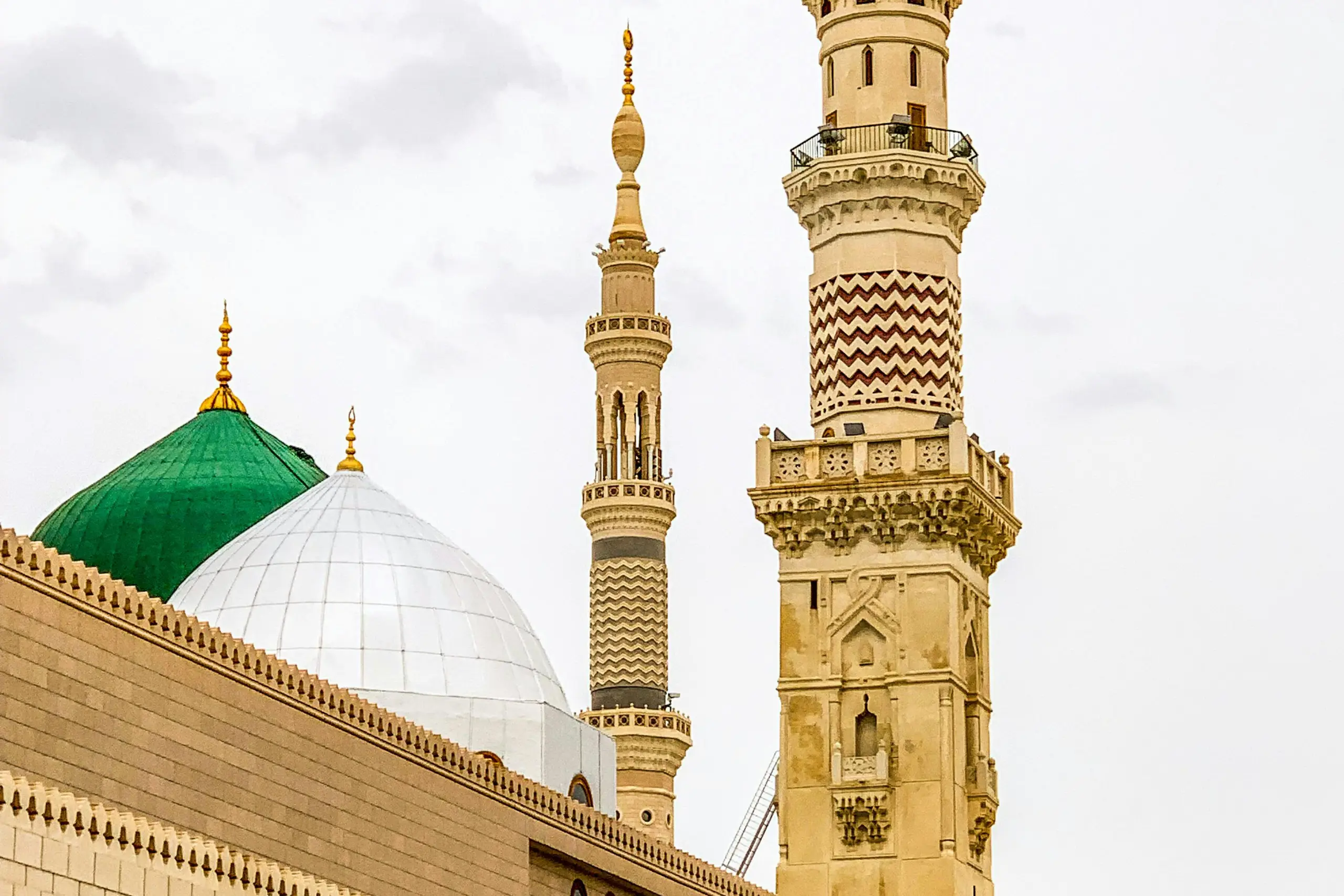How Many Days Until Safar? Your Official Countdown to the Month of Safa



Remembering the journey of Karbala
Day(s)
:
Hour(s)
:
Minute(s)
:
Second(s)
When does the month of Safar begin and end in 2026?
In 1448 AH, the Islamic month of Safar is expected to begin on Wednesday, July 15, 2026 and conclude on Thursday, August 13, 2026.
Is Safar month have any public holiday?
No, Safar month does not have any official public holiday in most countries, including Pakistan, Saudi Arabia, the UAE, and others.While it is the second month of the Islamic calendar and holds historical and spiritual importance, there are no government-declared holidays tied specifically to any day in Safar.
What is Safar?
Safar is the second month of the Islamic calendar, rooted in Arabic and Islamic history. During pre-Islamic times, the Mushrikeen of Makkah would often travel, leaving their homes and towns empty, especially in winter, creating a period of scarcity. The name “Safar” was likely given due to these times when provisions were low. Arabs in the era of Jahiliyyah held many misconceptions and superstitions about the month. Despite these outdated perspectives, Islam brought clarity, rejecting the ignorance and encouraging a deeper historical understanding. The calendar places Safar right after Muharram, highlighting its religious significance.
The festive counter helps people track important Islamic months like Safar. You can easily check the countdown to key events or reflect on its historical importance using our counter feature. Many people explore the festive rhythm of the Hijri calendar through these tools.
Islamic events in the month of Safar
Many trials and tribulations occurred during the month of Safar. The Prophet PBUH faced periods of ill health and high temperature, and it is reported that during 11AH, these events continued into Rabi al-Awwal. The grandson of the Prophet, Imam Hassan, also fell ill and was martyred, marking another sorrowful moment in this month. Muslims often prayerfully reflect on these passed events and the struggles they endured. Even though some people opined that misfortune is tied to Safar, Islamic teachings clarify that hardships are not confined to any month.
Our festive counter serves as a digital reminder of these significant Islamic events. You can follow the countdown to Safar’s start or engage with festive reflections based on authentic history through our event counter.
History of Safar Month
In Islamic tradition, the Messenger PBUH emphasized proper beliefs, clarifying that Safar is not inherently a sinful or forbidden month. During Hajj, Muslims wore Ihram and returned to Makkah in this month. Early companions often clarified that Safar was associated with performing Umrah or finishing pilgrimage rituals. It was wrongly believed that the month caused wounds, but those misconceptions were corrected. As Islam spread, customs of pre-Islamic times were abandoned. The Prophet SWT allowed non-Muhrim travel in Safar, and with instructions from Bukhari and others, the month was illustrated as normal and sacred.
“Whoever loves Hasan and Husayn, he also loves me; whoever hates these two, he also hates me”|Bukhara|
With the festive counter, these historical truths are now easily accessible. Our countdown lets users keep track of when Safar begins and ends. By using the counter, people can remember the festive but reflective nature of this month without relying on myths. The festive counter is your guide to understanding and observing Islamic months with authenticity.
Safar Countdown (2025–2030)
| Year | Date (1st Safar) | Day |
|---|---|---|
| 2025 | August 6 | Wednesday |
| 2026 | July 26 | Sunday |
| 2027 | July 15 | Thursday |
| 2028 | July 3 | Monday |
| 2029 | June 22 | Friday |
| 2030 | June 10 | Monday |
FAQs
When does Safar start and end each year?
Safar is the second month of the Islamic lunar calendar and shifts approximately 11 days earlier each year on the Gregorian calendar. For example, Safar 1448 AH (2026) is expected to begin on July 15 and end on August 13. You can track the exact dates using our festive counter and live countdown on the Festive Counter website.
Is Safar considered an unlucky month?
No, Safar is not an unlucky month. The idea that Safar brings bad luck is a pre-Islamic superstition. Prophet Muhammad (PBUH) rejected this belief clearly, stating: “No ‘Adwa, no evil omen, no Hamah, and no Safar.” It is a regular month in Islam, and our Festive Counter clarifies such misconceptions by offering accurate knowledge, not myths.
What important events happened in Safar?
Several historical events occurred in Safar, including:
- The Hijrah (migration) to Medina, around the 27th of Safar
- The Battle of Abwa
- The marriage of Fatima (RA) to Ali (RA)
- The martyrdom of Imam Hassan (RA)
Use the festive counter and countdown tools on Festive Counter to stay updated on these key Islamic dates.
Are there any religious rituals specific to Safar?
No, there are no special religious obligations or rituals required during Safar. Muslims are encouraged to continue their regular acts of worship and devotion. The Festive Counter platform helps people stay focused on authentic teachings rather than baseless practices.
Can I observe important Safar dates using a countdown or festive counter?
Absolutely! Websites like Festive Counter allow users to observe Safar’s start and end dates, as well as historic events, using tools like a countdown or Islamic counter. This helps users stay informed and spiritually connected with Islamic months throughout the year in a simple and visual way.
How long does Rabi al-Awwal last?
Like all Islamic months, Rabi al-Awwal lasts 29 or 30 days, depending on the sighting of the moon.
Does the date of Rabi al-Awwal change every year?
Yes, since the Islamic calendar is lunar, the date of Rabi al-Awwal moves 10–12 days earlier each year in the Gregorian calendar.
Can I track Rabi al-Awwal on Festive Counter?
Absolutely! Festive Counter provides a live countdown to the start of Rabi al-Awwal and highlights special Islamic observances like Mawlid.
